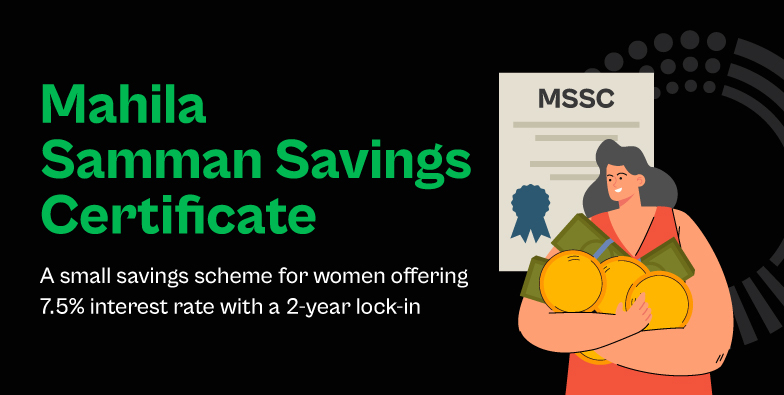According to a Press Information Bureau (PIB) release issued on September 20, parents can invest as little as Rs1,000 per month under the NPS Vatsalya program, with no maximum. This allows parents to instill in their children the value of disciplined savings. In order for the account to change into the child’s name when the youngster turns 18, it is intended that parents manage the program until then. When the account matures, it can easily be transferred to a standard NPS account or into another non-NPS plan. NPS Vatsalya aims to fulfill the government’s commitment to total financial well-being by offering its subscribers a safe and respectable financial future, all while offering the possibility of significant wealth building through the power of compounding.
Who can open NPS Vatsalya
All minor citizens up to the age of eighteen are eligible to register an account under the NPS Vatsalya plan. Throughout the procedure, a minor is the only beneficiary since the account is formed in their name and is overseen by their guardian until they become an adult.
Where to open account NPS Vatsalya
The account can be opened through registered points of presence (PoPs) with the Pension Fund Regulatory and Development Authority (PFRDA). These points of presence include major banks, India Post, and pension funds, with account setup available both online and in person. For individuals looking for an online option, the NPS Trust’s eNPS platform offers a convenient and safe way to create and manage accounts. The PFRDA website contains a complete list of registered POPs.
Documents required
- Proof of Date of Birth for the Minor: This can be provided through a Birth Certificate, School Leaving Certificate, Matriculation Certificate, PAN, or Passport.
- KYC of the Guardian: The guardian must submit proof of identity and address, which can include Aadhaar, Driving License, Passport, Voter ID card, NREGA Job Card, or National Population Register documents.
- Permanent Account Number (PAN) of the Guardian or Form 60 declaration, as per Rule 114B.
- NRE/NRO Bank Account (solo or joint) of the minor, in case the guardian is an NRI (Non-Resident Indian) or OCI (Overseas Citizen of India).
How to open NPs Vatsalya
Click on ‘Apply Online’ > select your preferred CRA > Proceed to fill details.
(CAMS and K-fin Technology will share separate pop up basis applicant Date of Birth to fill Minor’s details. For Protean, please select ‘Applicant type – NPS Vatsalya’)
Banks where you can open NPS Vatsalya
These banks that have launched NPS Vatsalaya: ICICI Bank, State Bank of India, Axis Bank, Canara Bank, Central Bank of India, Indian Overseas Bank and Bank of Maharashtra.
Issuance of PRAN
In the name of minor.
Investment Choice
- Default Choice: Moderate Life Cycle Fund -LC-50(50% equity)
- Auto Choice: Guardian can choose Lifecycle Fund – Aggressive -LC-75(75% equity), Moderate LC-50 (50% equity) or Conservative-LC-25 (25% equity) as per his/her risk appetite.
- Active Choice: Guardian actively decides allocation of funds across Equity (upto 75%), Corporate Debt (upto 100%) , Government Securities (upto 100%) and Alternate Asset (5%).
Exit / Withdrawal and Death before 18 Years of age
- Partial withdrawal upto 25% of contribution on declaration basis after lock-in-period of 3 years for education, specified illness and disability for maximum three times till subscribers attains 18 years
of age. - Exit upon attainment of 18 years subject to:
| Accumulated Corpus is equal to or greater than 2.5 lakh | Accumulated Corpus is less than 2.5 lakh |
| at least 80% of balance to be utilized for purchase of annuity and remaining balance in lump sum | Option to withdraw entire balance as lump sum |
- Death of the minor: entire accumulated Corpus returned to the guardian.
- Death of the guardian: another guardian to be registered through fresh KYC. In case of death of both parents, the legally appointed guardian can continue the account with or without making contributions to the account, and upon attainment of 18 years of age, the subscriber has an option to continue or exit from the scheme.
TW Editorial Team comprises of team of experienced Chartered Accountants and Advocates devoted to spread the knowledge of GST amongst the various stakeholders.


